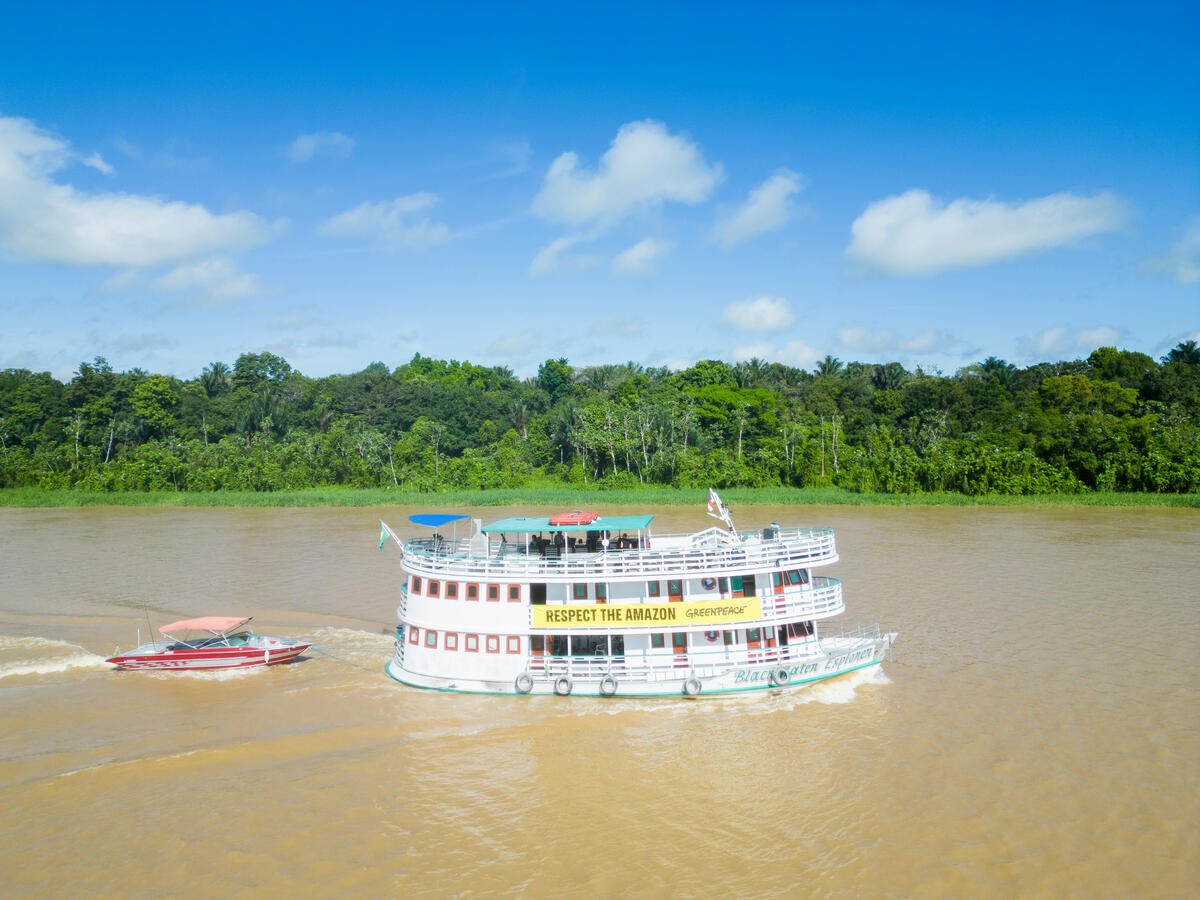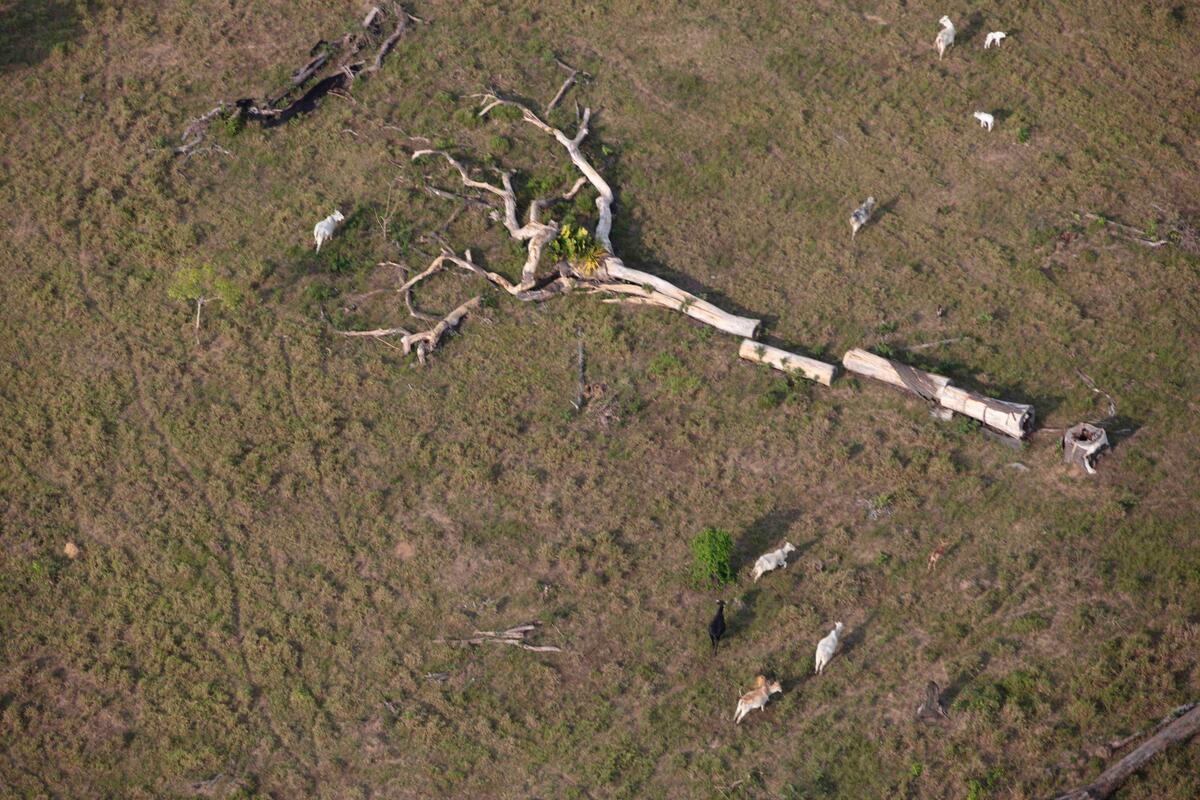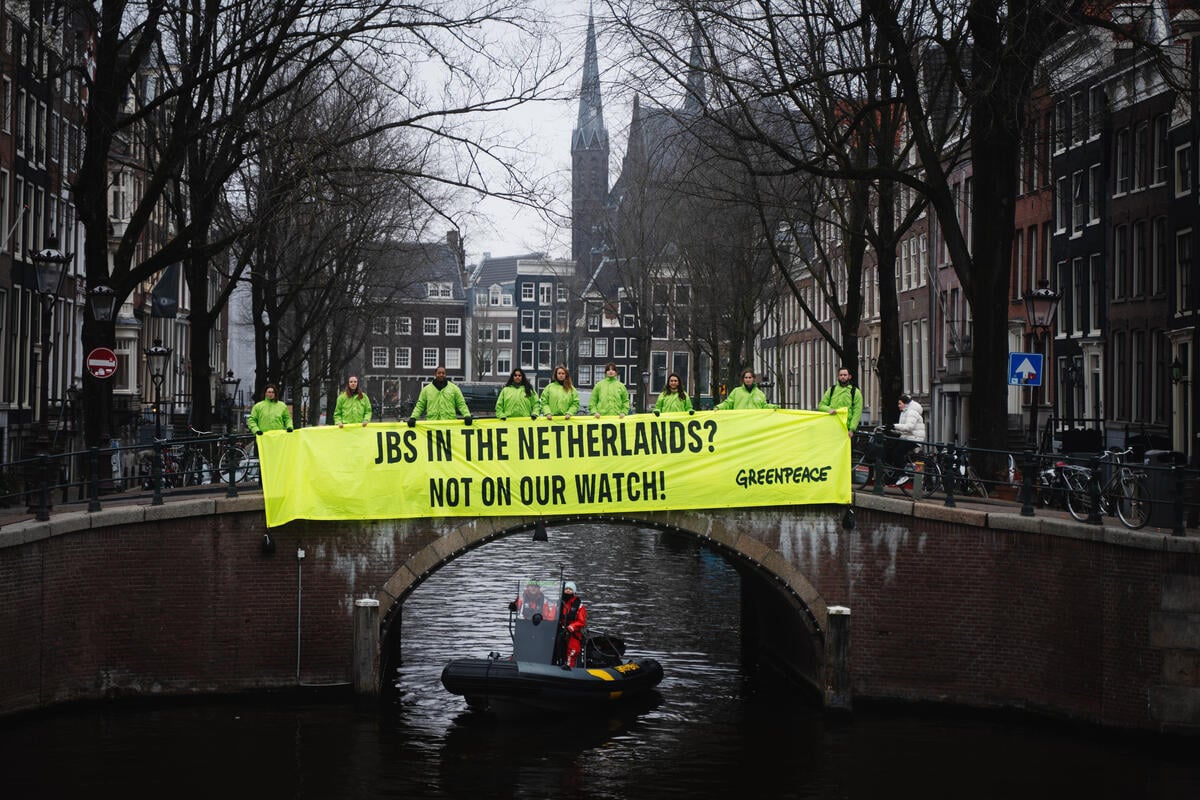Around this time every year, thousands of Indigenous Peoples from all over Brazil travel to its capital, Brasília, for the Acampamento Terra Livre (Free Land Camp), the largest gathering of Indigenous Peoples in the world. Some travel thousands of kilometers by land and water from remote corners of the Amazon to camp in front of the modernist government buildings to defend their traditions and livelihoods, exchange knowledge and demand the Brazilian government abide by its constitutional duty and protect Indigenous rights, lives and lands. This major event would be taking place this week — but, like many mass gatherings, it was canceled due to the COVID-19 crisis. While the ATL’s organizers are heeding shelter-in-place precautions, President Jair Bolsonaro is not providing fundamental protections from the pandemic, leaving Indigenous People and vulnerable communities in a deadly situation — one exacerbated by the lack of access to healthcare and other basic needs.
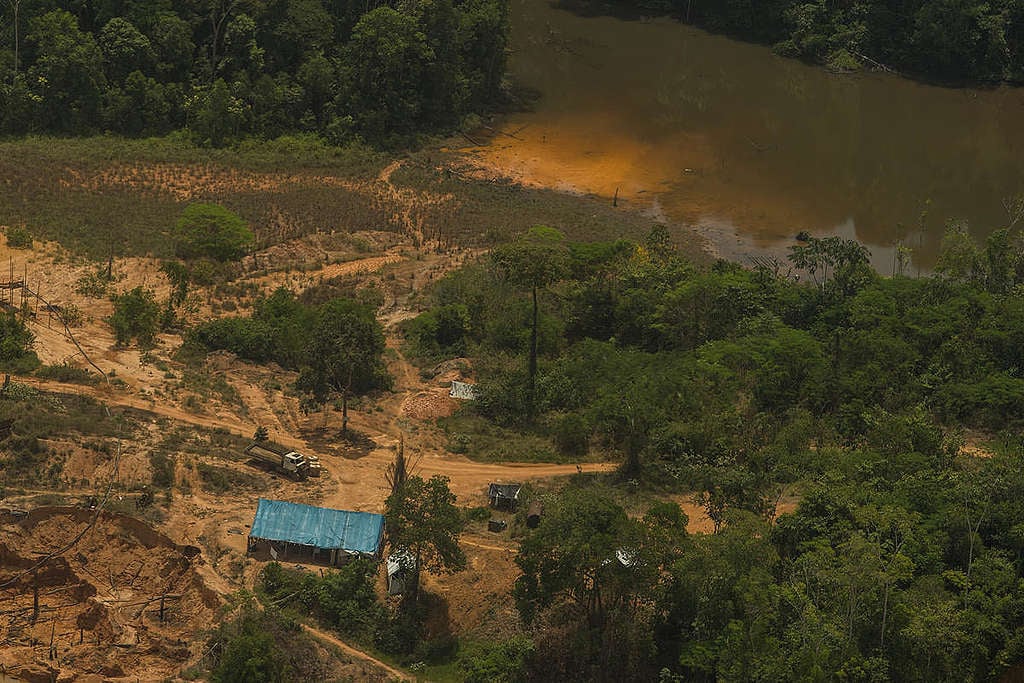
While many of these groups are geographically isolated, and despite canceling their gathering, Indigenous Peoples and traditional communities in Brazil are not safe from COVID-19. From smallpox to influenza, history is proof that the introduction of new diseases can be fatal for Indigenous communities, who are disproportionately vulnerable. However, the rapid spread of the novel coronavirus and the World Health Organization’s physical distancing recommendations haven’t stopped illegal land grabbers, miners and loggers from continuing to invade Indigenous lands, putting entire communities at risk.
In fact, the pandemic is already impacting Indigenous Peoples in Brazil. In a short amount of time, the virus has gone from urban centers to remote regions in the Amazon and, to date, ten Indigenous Peoples have died from COVID-19, one of them a 15-year-old boy from the Yanomami group in Roraima state. The current reality is a somber reminder of the community’s tragic past. In the 1980s, 20 percent of the Yanomami population died of diseases brought by miners and road builders in the region.
COVID-19 is not the only risk outsiders pose to the health of Indigenous Peoples and traditional communities in Brazil. Last year, devastating images of the fires set in the Amazon to clear land caused outrage worldwide. The smoke from the fires traveled across the continent and could be seen from space — but its impact on the health of those who live in the forest are devastating. People living close to fire hotspots have a 36 percent higher risk of being hospitalized with respiratory problems, and high rates of mercury contamination have been identified in the bodies of Indigenous Peoples, including the Yanomami, likely originating from the region’s gold mines.
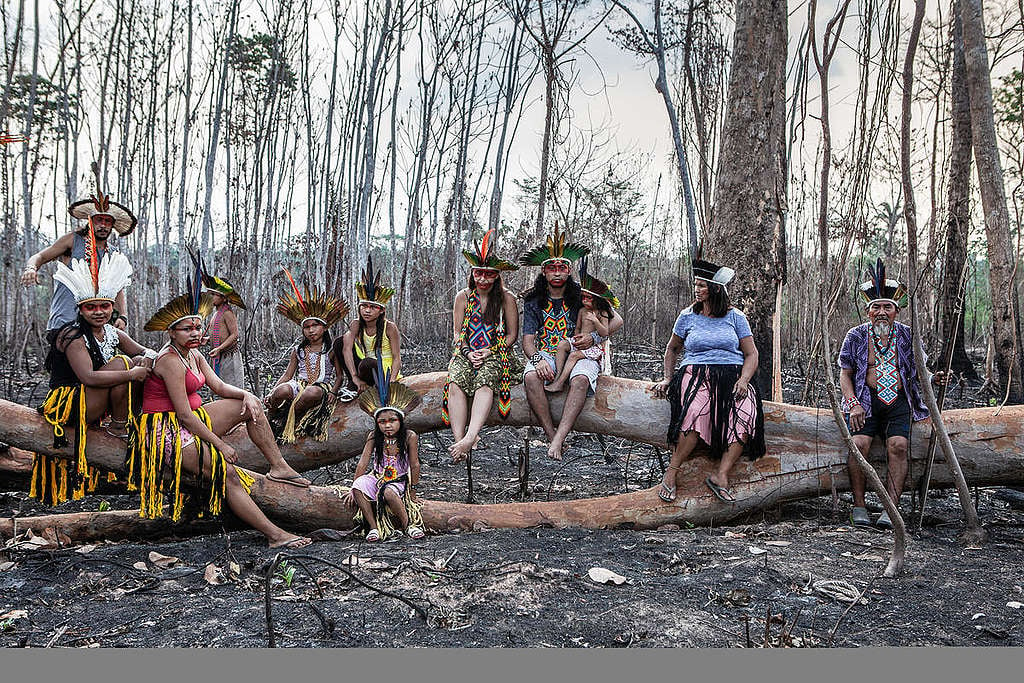
The fight for Indigenous rights in Brazil is not new. It is part of a history that involves persecution, slavery, genocide, and systemic discrimination against communities by the national government. The COVID-19 pandemic is exposing even further how vulnerable Indigenous Peoples are with a government that denies them of their constitutional rights and brings up traumas of the past. Since President Bolsonaro took office in January 2019, his government has slashed funding from the National’s Indigenous Foundation (FUNAI), has rolled out measures to reduce the rights of Indigenous People across the country, and has allowed more forest destruction. The number of deforestation alerts has almost doubled in the past 8 months, and the area of forest that was destroyed within Indigenous lands was 80 percent higher in 2019 than in 2018.
Indigenous Peoples are on the frontlines and have been fighting to protect nature and the planet for centuries. Their way of life and traditional knowledge is one of the best methods to preserve the forest. By empowering land grabbers, miners and loggers to destroy the forest, the Brazilian government is not just gambling with the lives and livelihoods of nearly 1 million people, it’s endangering the health of the Amazon — and the future of our climate. Jair Bolsonaro must take this pandemic — one he has called “a little flu” — seriously and make the lives of the people, especially those most vulnerable, a priority.
COVID-19 is not only showing the world the cracks in our healthcare, economic, and political systems. It is making us realize that those in power will still try to make a profit regardless of how vulnerable people are. If we want a future that is just and safe for everyone, our relationship with the planet and with ourselves must change, starting by demanding that our governments put people — and the planet — first.

